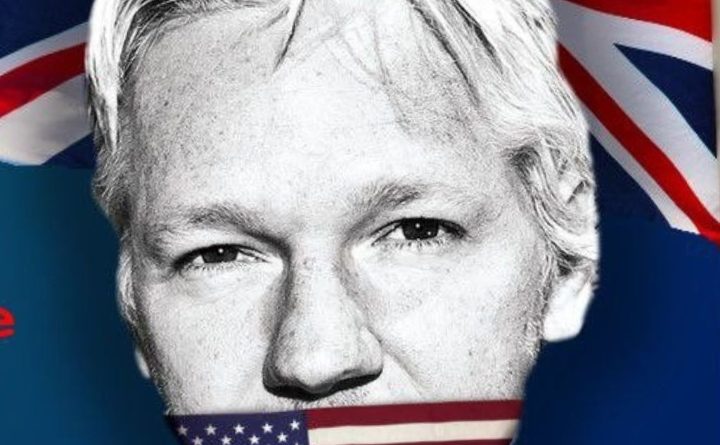This happened during the closing of the meeting where a declaration was issued requesting the release of Australian journalist and WikiLeaks founder Julian Assange, the manifesto is headed by the signatures of President Alberto Fernandez and Vice President Cristina Fernandez de Kirchner.
The declaration was also signed by prominent human rights groups such as the Mothers and Grandmothers of Plaza de Mayo Association; former presidents such as Rafael Correa, former president of Ecuador; Ernesto Samper, former president of Colombia; Evo Morales, former president of Bolivia; Pepe Mujica, former president of Uruguay; José Luis Rodríguez Zapatero, former president of the Spanish government; Baltasar Garzón, former judge and coordinator of the legal team defending Julian Assange; the American Association of Jurists; and the Puebla Group, among other signatories.
In this line, Assange’s international defence team, led by Garzón, thanked the gesture and expressed satisfaction at the recognition. The magistrate said he felt “complete satisfaction at such relevant support as that shown by the main leaders in the defence of human rights around the world”.
For her part, the coordinator of the campaign of solidarity for Julian Assange and articulator of this declaration, Daniela Lepin said: “This gesture responds to the concern and permanent solidarity of Latin America for the life of Julian Assange, it is a sign that this territory makes politics from solidarity and materialises it with concrete facts such as the one we have already seen”.
For Lepin Cabrera this event “embodies the feelings of many leaders worldwide, it is about many voices clamouring for the life of a journalist unjustly persecuted and detained, it embodies the global defence of democracies because without freedom of expression there is no democracy possible. It also becomes a signal to those who govern, since they are the ones who must provide guarantees for the exercise of a fundamental right such as the right to communication,” she concluded.
After four days, at the closing of the forum, Pablo Gentili, executive secretary of the third World Forum on Human Rights, and before a crowd of attendees, declared his support and that of the forum for Julian Assange, founder of WikiLeaks and prisoner in a UK jail awaiting the resolution of his extradition to the United States.
“The freedom of Julian Assange is the freedom of each one of us,” said Gentili, concluding a brief summary of the statement by requesting a vote of the attendees and participants present at the Forum in order to approve the statement.
In addition, the declaration states: “Extraditing Julian Assange would set a dangerous precedent for press freedom and the right of access to information in the world.
The signatories align themselves with and support the view of the Council of Europe, which considers the treatment of Mr Assange to be among “the most serious threats to press freedom”.
The statement ends with a plea: “We urge the US Department of Justice to drop all charges against Mr Assange, appealing to the US Constitution itself, the human rights standards recognised in international law, as well as to the most basic humanitarian concerns, as a journalist’s life is at risk, and the world’s freedom of the press and right of access to information are at risk.”
The third edition of the Forum, held from 20-24 March in Argentina, was attended by more than 21,000 people from 98 countries, with more than 950 organisations involved and a total of 200 human rights experts and specialists. There were 2300 panelists and 390 accredited journalists. The event was organised by the Argentinean government and led by the United Nations International Centre for the Advancement of Human Rights.
The World Forum on Human Rights, which aims to serve as a space for public debate on human rights in the world, seeks to bring together and integrate national, regional and international organisations committed to human rights. This third edition sought to deepen the dialogue, updating the situation forecast on the main advances and challenges in the promotion and protection of human rights in the world.
The Forum had its first edition in 2013, in Brazil, with the participation of 74 countries and more than 700 institutions. There were 369 thematic activities and 127 cultural programmes, among other actions. In 2014, the forum was held in Morocco and was attended by representatives from 95 countries and the participation of more than 750 organisations.






